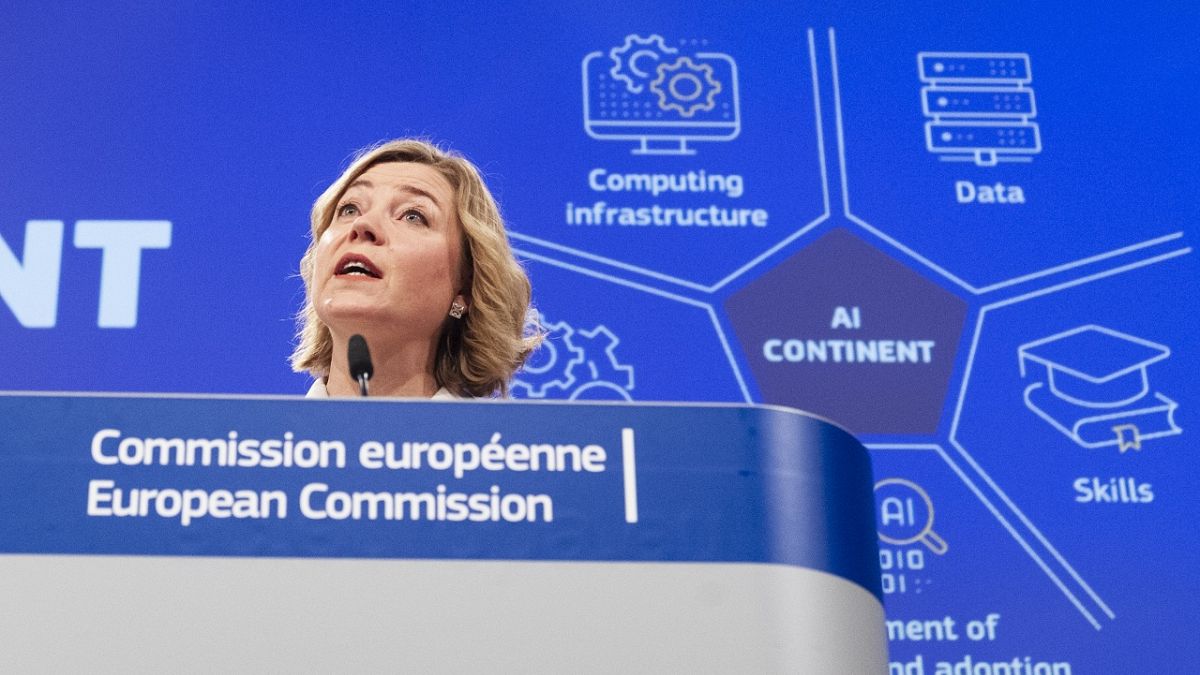

In a world increasingly shaped by digital advancements, Europe is preparing to implement a new era of artificial intelligence oversight, a significant step that aligns with broader discussions about the role of AI across diverse sectors. The European Union’s AI rulebook, set to come into force soon, addresses essential aspects such as national oversight, penalties, and the regulation of general-purpose AI models.
This legislative framework is part of Europe’s commitment to ensuring AI technologies are utilized responsibly, offering a structured approach to overseeing AI activities and encouraging ethical development of AI systems. These steps resonate with the international community’s growing interest in harmonizing AI technologies with ethical guidelines and regulatory standards.
Meanwhile, the integration of AI into everyday tasks is increasingly becoming a subject of interest and experimentation. Major technology companies like Microsoft and Google have launched AI-powered search services designed to improve user experiences by providing tailored search results. A recent evaluation of these services highlighted the enhanced capability to sift through vast amounts of information efficiently, although their true potential continues to be observed in real-world applications.
Adding another layer to the AI conversation, the 3rd Shusha Global Media Forum recently brought together representatives from 52 countries to discuss AI’s impact on journalism. This forum underscored the vital importance of ethics, media literacy, and global cooperation in harnessing AI’s potential. Such dialogues emphasize the need for a thoughtful balance between innovation and mindful regulation, fostering environments where AI can grow to be both beneficial and responsible.
The creative industries are also experiencing AI’s increasing prominence, particularly in music, where AI-generated compositions are becoming more common. For listeners curious about distinguishing between AI-created and human-crafted songs, there are subtle signs to consider. While some audiences remain indifferent to the origin of the music they enjoy, others are intrigued by the progress of AI and its creative capacities.
In contrast to these supportive measures, there have been instances where proposed regulations did not advance. Recently, the EU Commission decided to abandon legislative proposals concerning AI liability and patents, despite some attempts to revive these initiatives by various lawmakers and member states. This decision reflects ongoing debates and the cautious approach required in navigating the complexities surrounding AI and intellectual property rights.
Overall, as Europe leads with structured oversight while engaging in global dialogues on AI, there is a sense of thoughtful progression towards integrated, ethical AI utilization. By fostering collaboration and comprehensive regulatory frameworks, the aim is to nurture an advanced digital age that benefits society comprehensively and harmoniously.
Source: {link}
